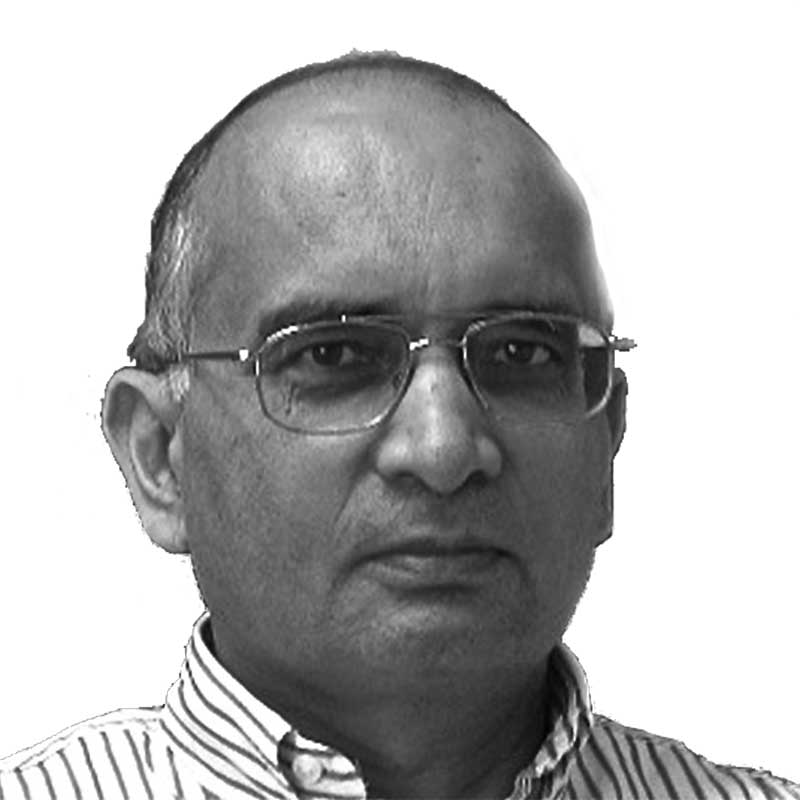
Meta
Ramesh Thakur
Ramesh Thakur is Professor in the Crawford School of Public Policy, Australian National University; adjunct professor, Institute for Ethics, Governance and Law, Griffith University, and editor-in-chief of Global Governance from Jan. 1, 2013. He began writing for The Japan Times in 1998 as Vice Rector of the United Nations University.
Aug 26, 2014
Jul 22, 2014
Jul 3, 2014
Jun 11, 2014
Jun 6, 2014
May 23, 2014
















